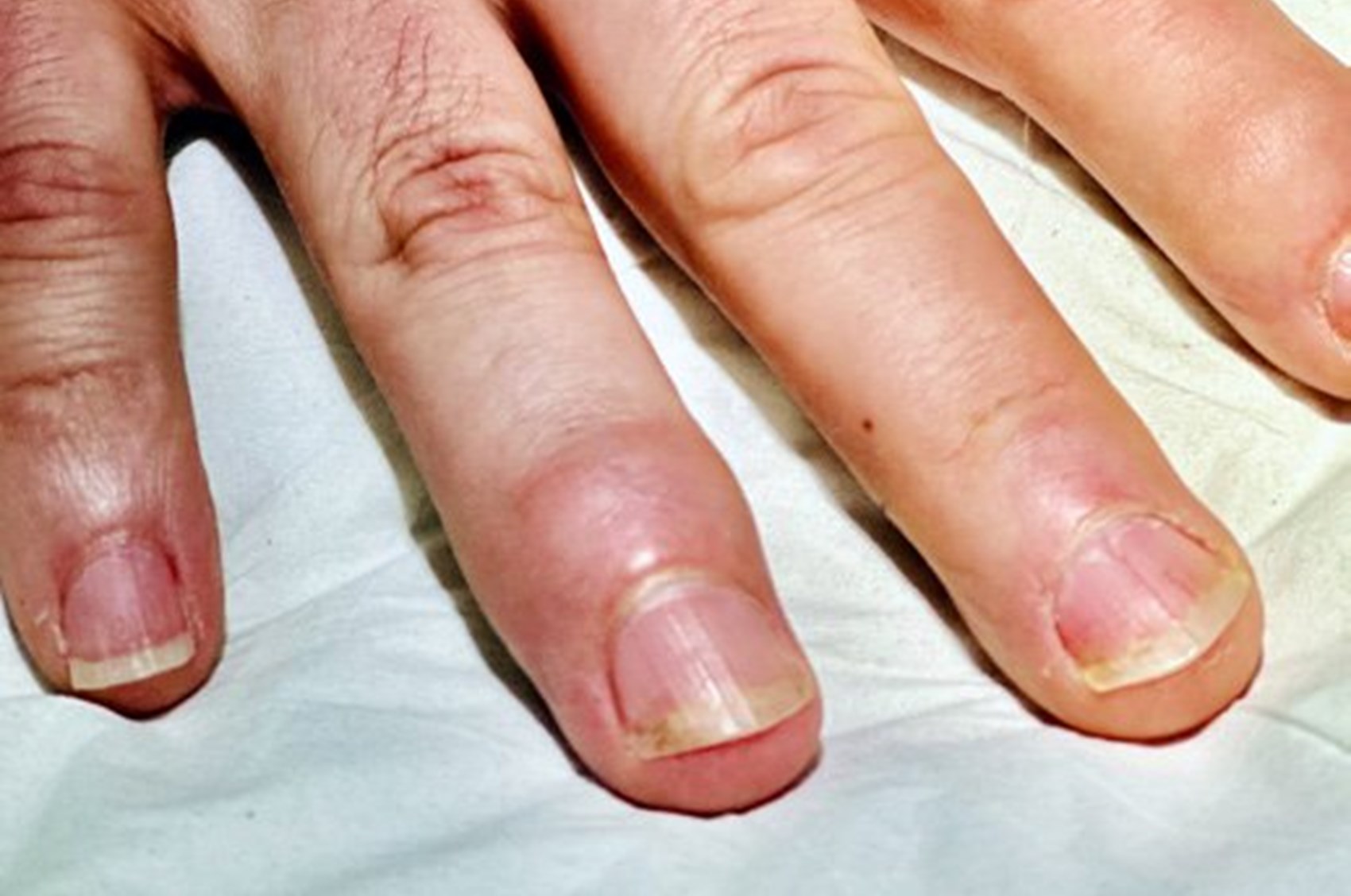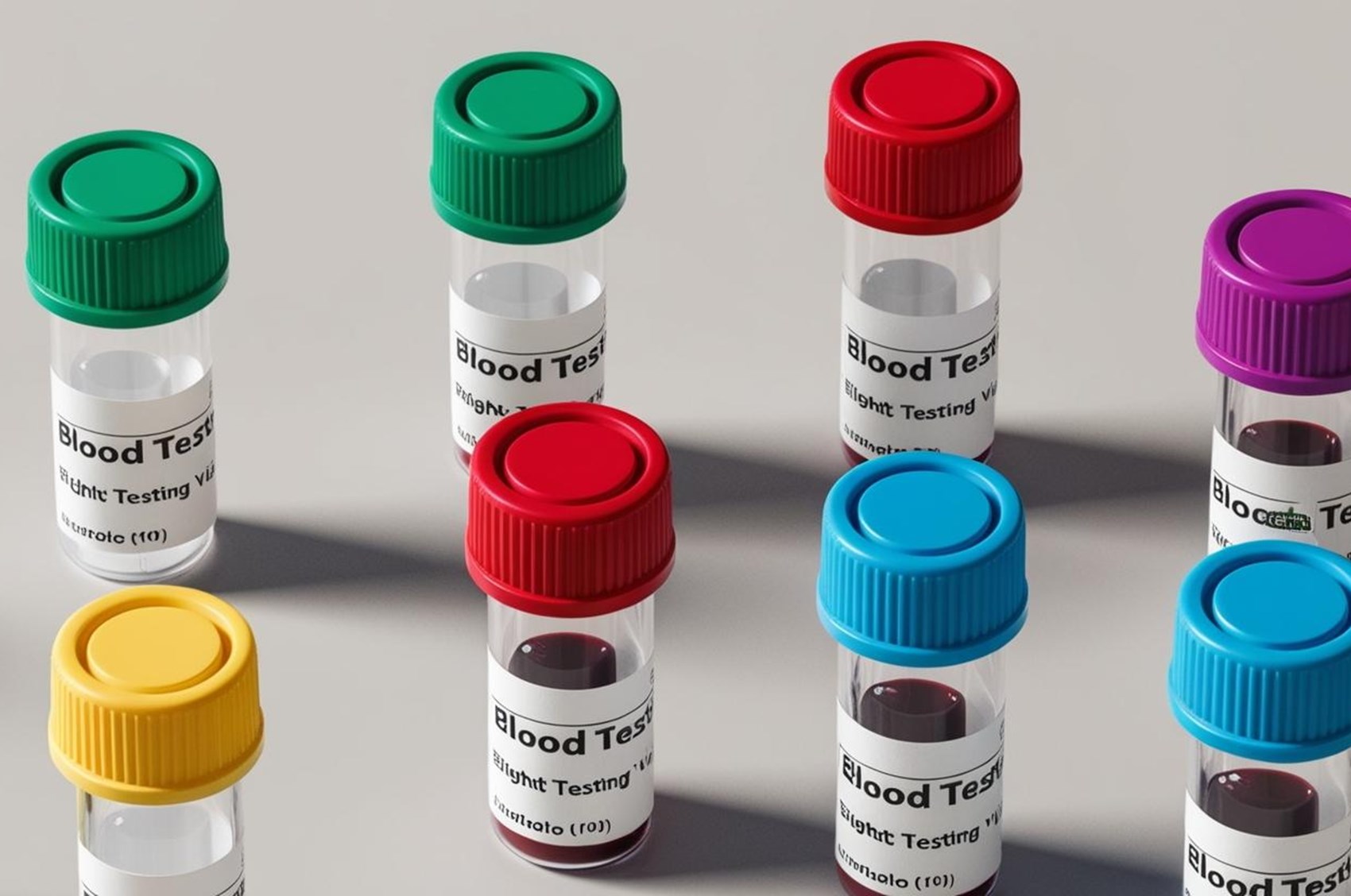
Do you have a story to tell about living with psoriasis or psoriatic arthritis?
You have no items in your basket

It’s a turbulent time, with the world having seen significant changes, raising questions for the UK, especially for patients and healthcare innovation.

With the UK and much of Europe in the grip of a heatwave, many of us are feeling the heat in more ways than one.

Imagine you’re out running errands or meeting friends and suddenly feel unwell. You end up in A&E, and doctors need to act fast.

Living with psoriatic disease can mean more than just dealing with skin or joint problems. Did you know it can also affect your eyes?

Psoriasis, often worsened by obesity, is challenging to manage, as excess weight can increase inflammation and reduce treatment effectiveness.

If you have psoriatic disease, you know how important your medicine is for keeping your symptoms under control. Currently, some people in the UK are having trouble getting their usual medicines from the pharmacy.

Recent research from the UK has highlighted a concerning issue of delayed diagnosis for people living with psoriatic arthritis (PsA), compared to those with rheumatoid arthritis (RA).

A new study has found that fat stored around the belly increases the chance of developing psoriasis, a long-term skin disease, more than overall body fat. This link is especially strong in women and happens regardless of a person’s genetic risk.

A new AI technology called DERM (Deep Ensemble for Recognition of Malignancy), developed by Skin Analytics, is set to transform how the NHS handles suspected skin cancer cases.

Psoriatic disease isn’t just about itchy, flaky skin or sore joints. It’s a whole-body condition that affects much more than people often realise, including, surprisingly, the way your blood clots. That matters a lot, especially if you’re managing something like a low INR.